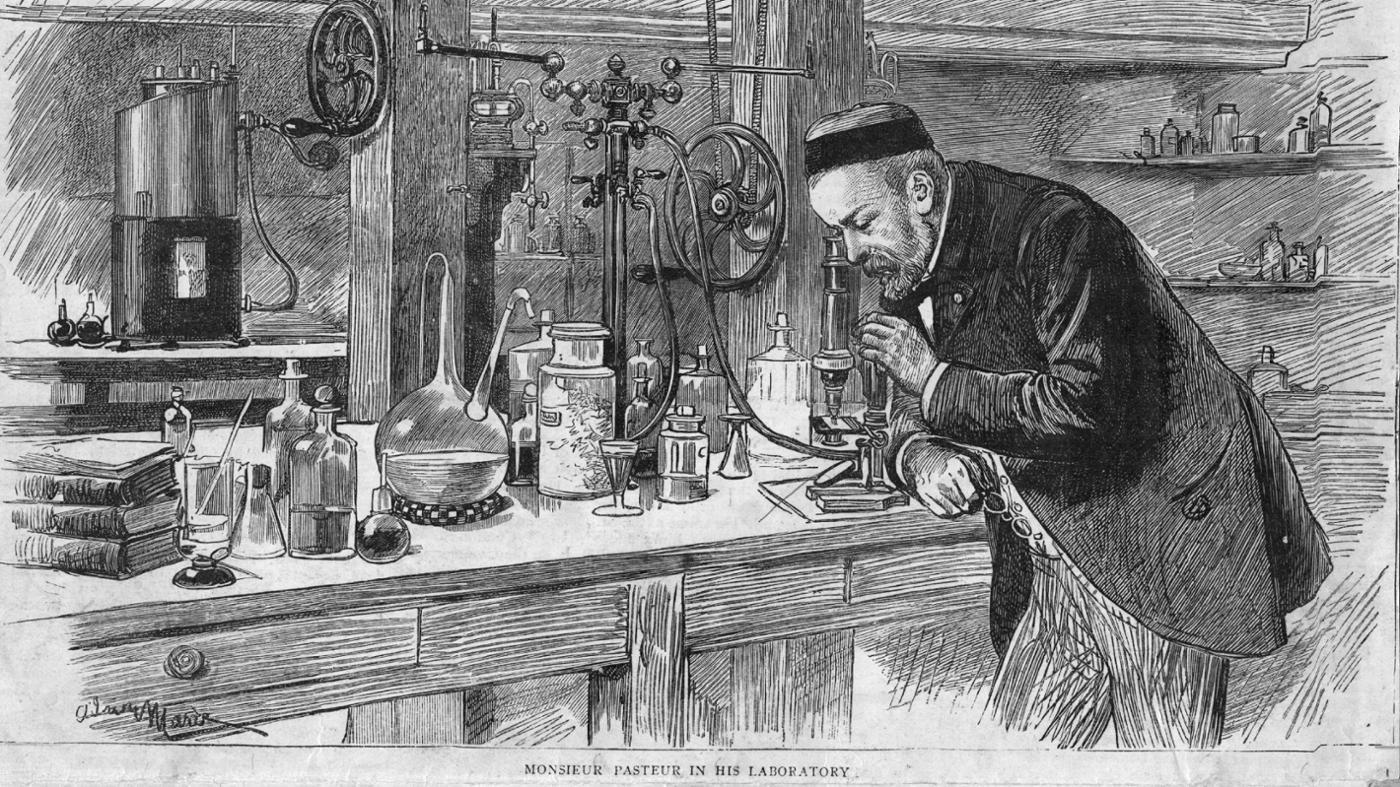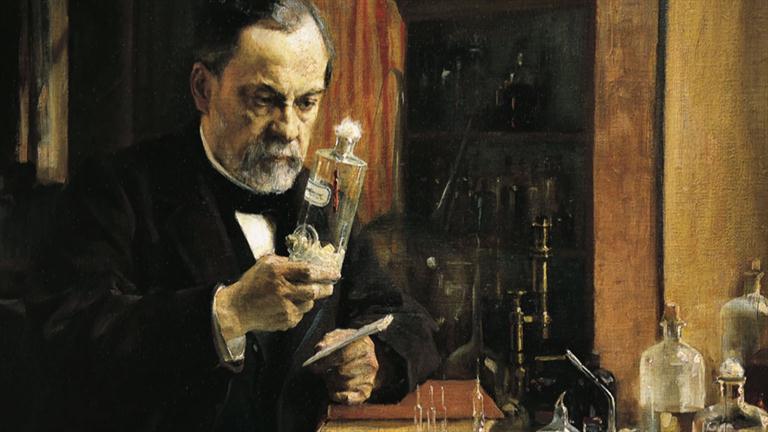On this website, you will find tutorials for installing & managing software, lists of the best linux resources, and in depth guides to linux.
Join us on SlackHow Louis Pasteur Saved Us From Food, Rabies And Wine
Robert Washbourne - 4 years ago -

Back in 1860, food could only be kept for a few day before going bad. Yogurt curled in a few days, and meat rotted in less time than that. Consumers needed to live close to the producer, or else make their own ingredients.
Scientists believed that the cause of decay was spontaneously generating organisms that spoiled milk and rotted meat. Louis Pasteur thought this theory was rubbish. His studies showed that bacteria were always present, and seemed to cause the fermentation of beer and wine. He experimented with many temperatures, trying to find a way to kill the harmful bacteria, but keep the taste of the wine the same. Finally, he discovered that heat would not affect winemaking if all the original oxygen was exhausted.
Pasteurization would only be the first of many discoveries. Ten years later, in the 1870’s, a bad case of anthrax swept through France. Sheep and cattle were dying all over the country, and no one knew how to stop the disease. At the time, no one washed their hands, or cleaned their house. Even hospitals were dirty. Pasteur thought that germs were the cause of the sickness. However, no one believed his germ theory. Skepticists labeled him as a lunatic, and he failed to gain much traction in the scientific community.

Pasteur wouldn’t let the skeptics stop him. He continued to study and experiment, and in 1881, he developed a vaccine. He needed to convince people that the vaccine would work, so he set up a demonstration: 25 sheep were given his vaccine, 25 were left without it. Then all 50 sheep were given a lethal dose of anthrax. The 25 sheep with Pasteur’s vaccine survived, and the 25 without all died. France was convinced that Pasteur’s vaccine.
In 1884, he created a vaccine for rabies, but however well his vaccines had worked for sheep, people were reluctant to try the vaccine. However, in 1885, nine year old Joseph Meister was attacked by a rabid dog. His parents were sure he would die, and he was brought to Pasteur’s laboratory in Paris. Pasteur gave Joseph a shot of his vaccine, and he survived. Word spread quickly that Pasteur had saved lives, and many people came to him for help. He died the 28 of September, 1895. He was given the rare honor of a state funeral, and thousands lined the streets of Paris to give their respects.

